CMES Scientific Advisory Board
Members of the Scientific Advisory Board

Anders Jägerskog
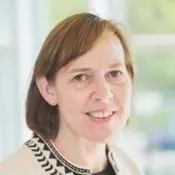
Ellen Lust
Email: ellen [dot] lust [at] gu [dot] se

Kaveh Madani
Email: Kaveh [dot] Madani [at] unu [dot] edu
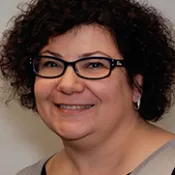
Marie-Joëlle Zahar
Email: marie-joelle [dot] zahar [at] umontreal [dot] ca
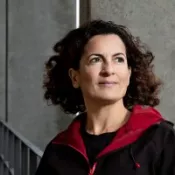
Michelle Pace
Email: mpace [at] ruc [dot] dk
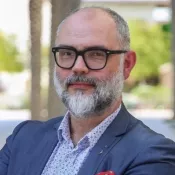
Morten Valbjørn
Email: mortenV [at] ps [dot] au [dot] dk

Nadim Houry
Email: n [dot] houry [at] arab-reform [dot] net

Nicola Pratt
Email: N [dot] C [dot] Pratt [at] warwick [dot] ac [dot] uk
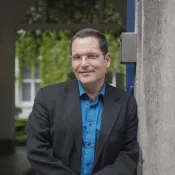
Raphael Cohen-Almagor
Email: R [dot] Cohen-Almagor [at] hull [dot] ac [dot] uk
Raphael has taught at several universities in the UK, the US and Israel, including Oxford University, the Hebrew University of Jerusalem, UCLA and Johns Hopkins University. He has published extensively in the fields of political science, philosophy, law, sociology, history, media ethics and medical ethics. His major books include The Boundaries of Liberty and Tolerance, The Scope of Tolerance, Just, Reasonable Multiculturalism, and The Republic, Secularism and Security. His forthcoming book, Resolving the Israeli-Palestinian Conflict, will be published by Cambridge University Press.

Sihem Jebari
Scientific Coordination
Ronny Berndtsson
CMES Director, MECW Scientific Coordinator
ronny [dot] berndtsson [at] tvrl [dot] lth [dot] se (ronny[dot]berndtsson[at]tvrl[dot]lth[dot]se)
+46 46 222 9609
Lisa Strömbom
CMES Deputy Director, MECW Deputy Scientific Coordinator
lisa [dot] strombom [at] svet [dot] lu [dot] se (lisa[dot]strombom[at]svet[dot]lu[dot]se)
+46 46 222 45 53

